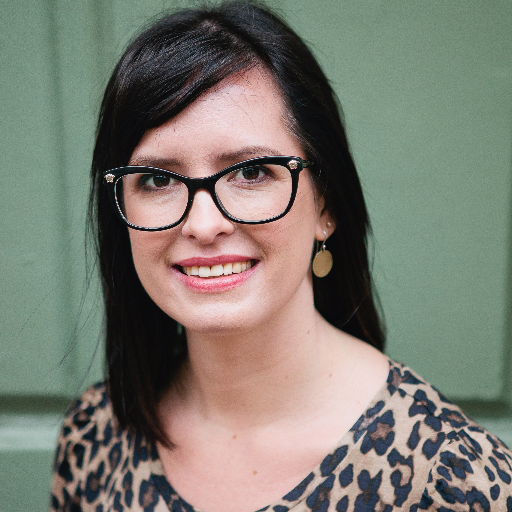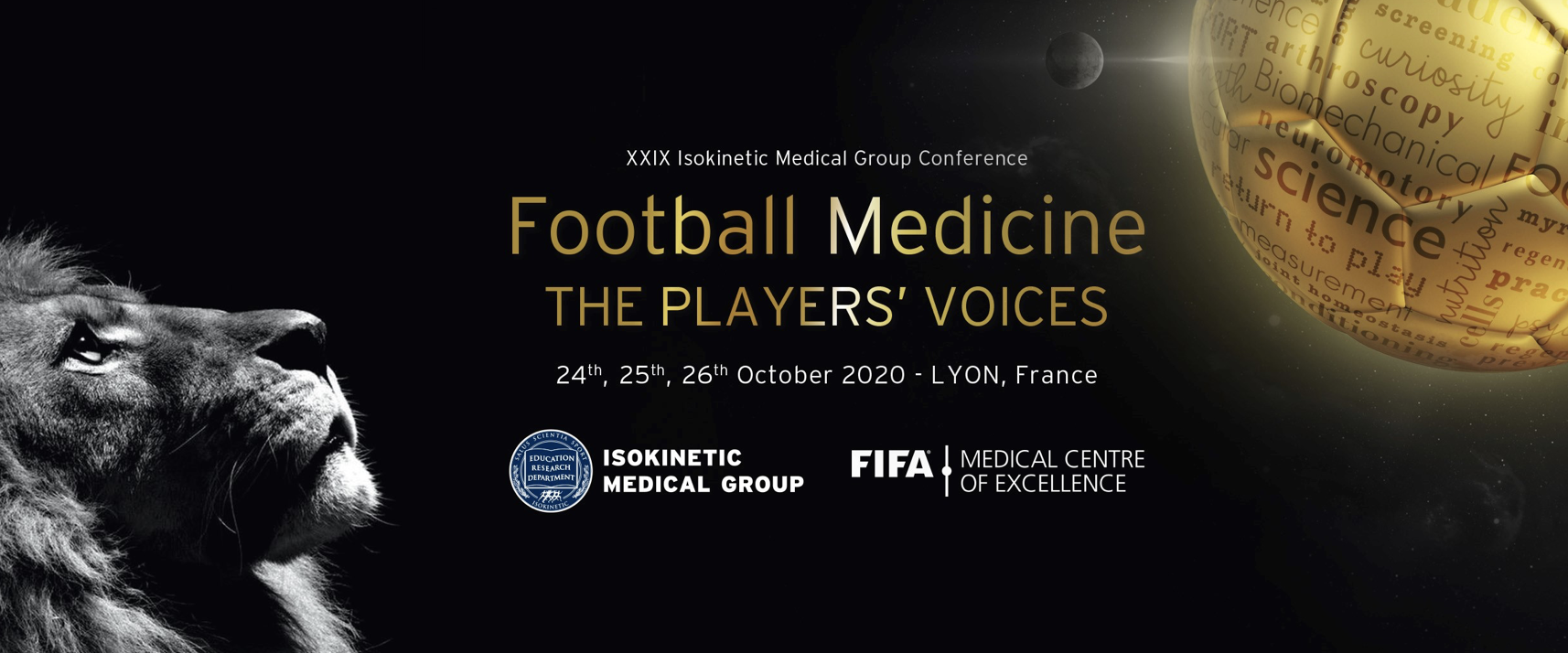For the interview with Dimitris Vlachopoulos, our People’s Choice winner, click here.
Interview with the Editors’ Pick winner: Sheree Bekker.
Congratulations Sheree! How does it feel to be the Editors’ Pick?
I am absolutely delighted and honoured! The BJSM PhD Academy Awards have very quickly become a prestigious award within our field, buoyed by the high standard of nominees and previous winners, so this recognition means a lot to me both personally and professionally.
I am particularly proud that my research used the complexity theory, qualitative methods, and engaging an often overlooked group of key stakeholders, who have now been recognised.
What’s the elevator pitch summary of your thesis?
My research asked how key intermediary organisations can ‘bridge the gap’ between injury prevention research and its use in practice. I wanted to better understand the role that organisations (including sporting government, and non-government stakeholders) play in making injury prevention research knowledge more accessible and useful for end-users (including athletes, parents, coaches, club administrators and so on).
What did you discover?
I learned that:
- More injury prevention material is not necessarily better as it can provide contradictory information and confuse the end-user. This is a novel insight in a field where we often see calls for more knowledge translation, not less or better aligned content
- Key intermediary organisations can and do adopt an important role in ‘bridging the gap’ between research knowledge and its use in practice by acting as knowledge brokers
Therefore, researchers must work with key intermediary organisations to ‘bridge the gap’ between research and practice. Recognising and capitalising on the role that key intermediary organisations play and partnering with them to develop new resources and/or update or decommission old ones, could enhance the influence of injury prevention research on future policy and practice.
What was your most significant personal and/or professional lesson?
That connection is greater than competition (see my shout-out to colleagues below).
What’s next for you?
I am now a Prize Research Fellow in the Sports Injury Prevention group within the Department for Health at the University of Bath. My research has evolved to looking at closing the gap in understanding between injury prevention as it has traditionally been conceptualised, and the recognition of intentional violence (particularly gendered violence in all its forms) as an injury prevention issue.
Beyond that, I am working to increase the profile and quality of qualitative research in our field. I am delighted to be part of the founding groups of both the new Qualitative Research Centre here at the University of Bath, as well as the Qualitative Research in Sports Medicine (QRSMed) special interest group. Watch this space.
Can you give us a sneak peek into what you will be presenting at Football Medicine Strategies conference next year?
I am thrilled that the conference theme is focused on the overdue and increasingly relevant theme of ‘The Players’ Voices’. This theme is, of course, ripe for qualitative research and I expect this to have a strong showing across the conference. Even more importantly, the inclusion of athletes themselves.
Whilst this is still an idea in progress, what I would like to present is an expanded view of my PhD research – utilizing key lessons and insights from bridging the gaps between injury prevention and its use in practice (via key intermediary organisations) – and bringing that knowledge to bridging gaps between, and negotiating silences in, athlete voice and power.
I would like to hold space for new approaches to, and creative methods for, research and practice: one that captures the athletes’ unique experience and power with and in it.
Any special thank-yous/shout outs?
A special thank you must go to the participants in this research, for their time and insights. A big thank you also to my PhD supervisors, Profs Penny Paliadelis and Caroline Finch, as well as my colleagues at the Australian Centre for Research into Injury in Sport and its Prevention, and Federation University Australia.
Finally, a shout-out to colleagues in the field who have become friends all around the world. When I started this I could not have fathomed how connected we would all become, and that I would be part of the conversation. Thank you for becoming this net of insights and learning. I look forward to the meaningful work that we have yet to do. It is always an exchange.


